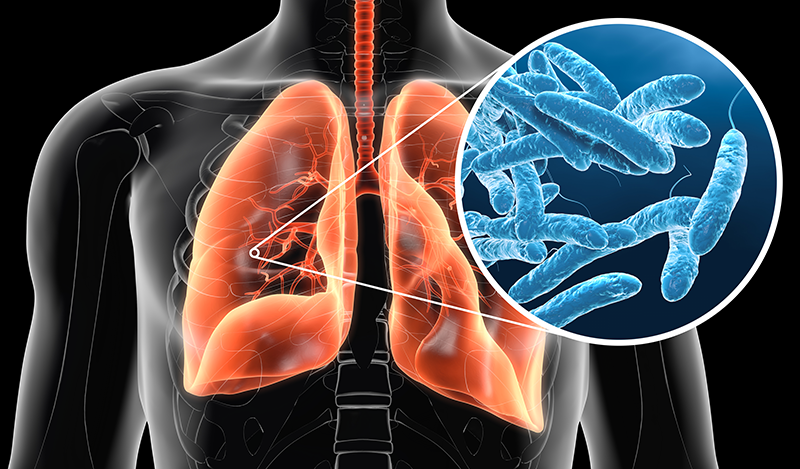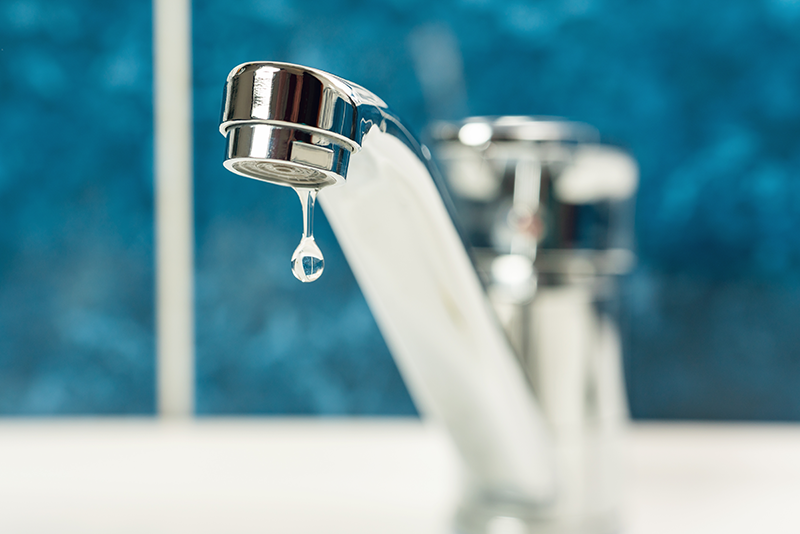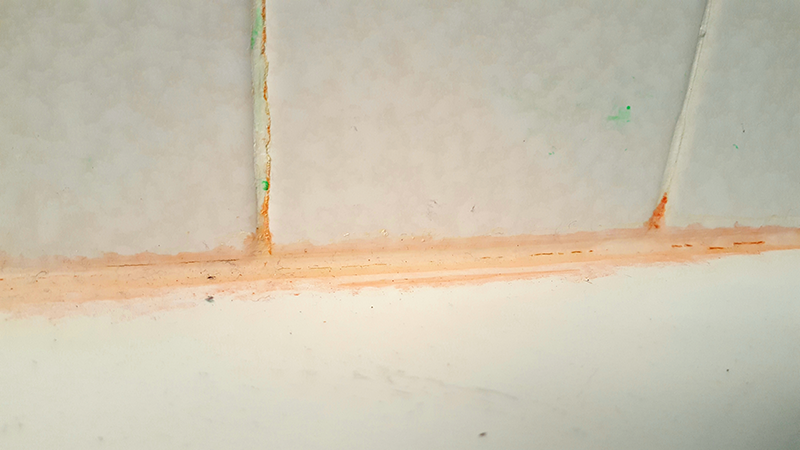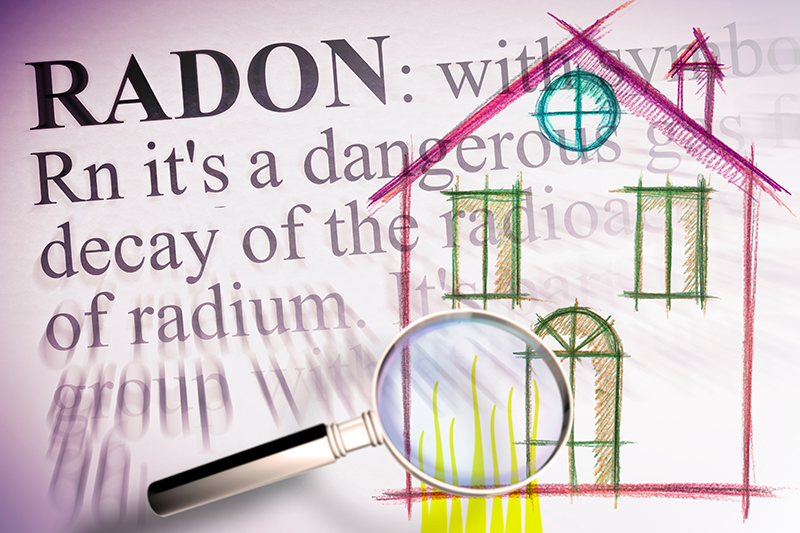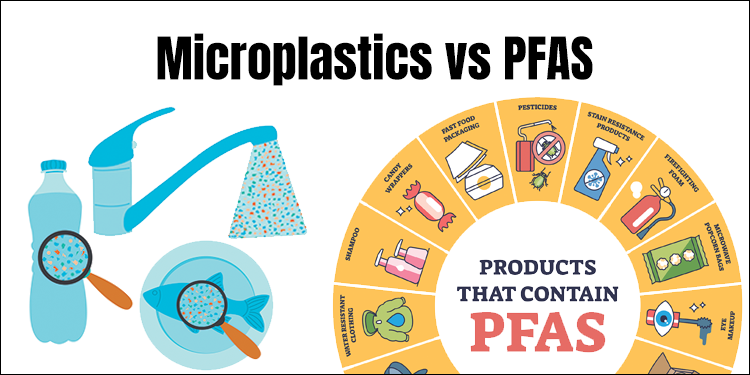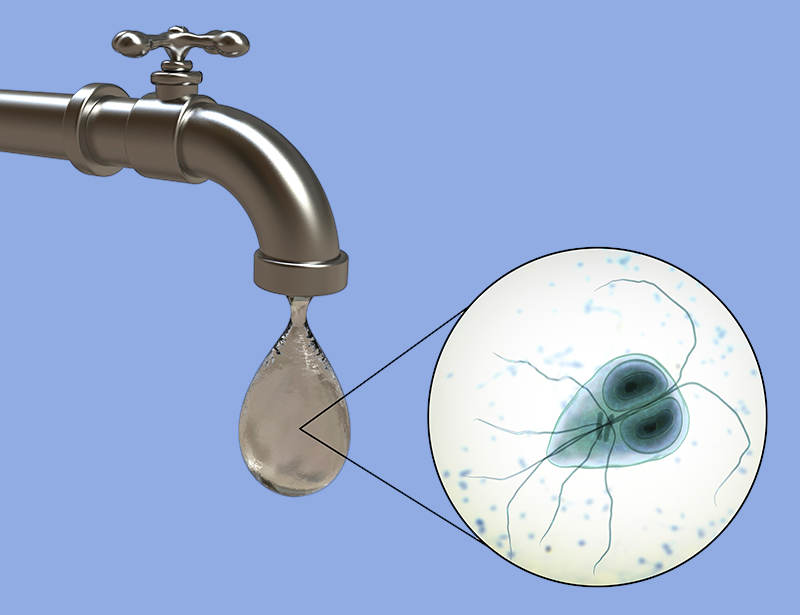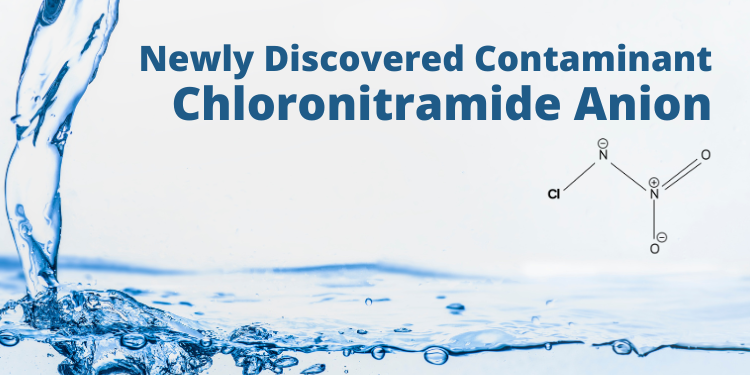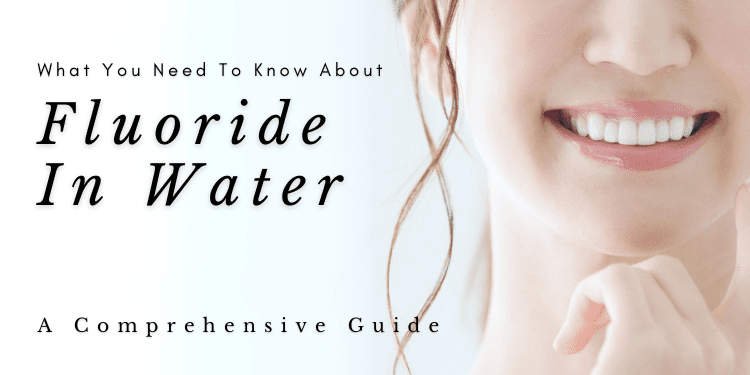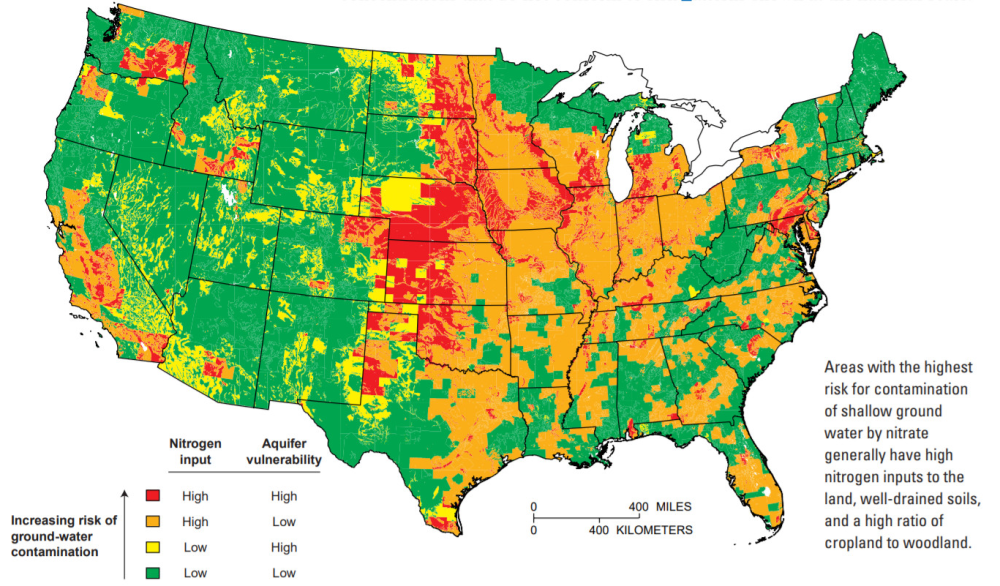Legionnaires Disease’ Outbreak in New York City Recently, New York City officials confirmed multiple deaths and more than a hundred cases of Legionnaires’ disease in Central Harlem. The outbreak was traced back to contaminated cooling towers, where Legionella bacteria thrive in warm water. Public … [Read more...]
Tap Water Quality: Why It Varies Daily
There are many reasons why tap water quality might vary, even on an hourly basis. Source water fluctuations, treatment plant adjustments, changes in distribution systems, aging household plumbing, and even the time of day and use patterns can all affect water quality. Source Water … [Read more...]
The Cost of Distilled Water in 2025
While buying jugs of distilled water from the store may seem convenient at first, the cost of distilled water quickly adds up, and not just in your wallet. If you're considering switching to distilled water for drinking, cooking, or other household uses, cost is likely one of your top concerns. … [Read more...]
Pink Bacteria in Showers, Tubs, Sinks, Toilets, and Pet Bowls
Pink stains in your bathroom may look harmless, but that slimy stuff in your shower corners or toilet bowl isn't just soap residue—it’s a type of bacteria called Serratia marcescens. Often mistaken for mold, this pink growth thrives in moist environments and can be more than just an eyesore. In this … [Read more...]
Radon in Groundwater
What is Radon? Radon is a naturally occurring radioactive gas that forms when uranium, thorium, or radium breaks down in soil, rock, and water. It is colorless, tasteless, and odorless, making it virtually undetectable without specialized testing. Although radon is present in the outdoor air at low … [Read more...]
Which is Worse in Water PFAS or Microplastics?
PFAS Are More Dangerous in Drinking Water There is growing concern over the presence of PFAS (per- and polyfluoroalkyl substances) and microplastics in drinking water, and for good reason. Both are contaminants that present serious challenges to human health and the environment. However, PFAS are … [Read more...]
Do Refrigerator Filters Remove PFAs?
If you've been keeping up with news about drinking water safety, you've probably heard about PFAs—those so-called "forever chemicals" that seem to be everywhere these days. Found in everything from non-stick cookware to water-resistant clothing, these man-made chemicals are now showing up in our … [Read more...]
The Dangers of Parasites in Water
Symptoms of Drinking Water with Parasites Drinking water contaminated with parasites can cause a variety of health issues, ranging from mild discomfort to severe illness. The most common symptoms include gastrointestinal problems such as diarrhea, abdominal cramps, bloating, nausea, and vomiting. … [Read more...]
How to Use Distilled Water for Hair Care
Why Use Distilled Water for Hair Care? Distilled water has become popular for those seeking healthier, shinier hair. It’s free from minerals, impurities, and contaminants that can accumulate on your hair over time, leading to dryness and dullness. Unlike regular tap water, distilled water doesn’t … [Read more...]
Chloronitramide Anion Removal Guide: Protect Your Water Quality
Have you ever wondered what’s really in your tap water? It might look and taste clean, but beneath the surface, it may contain a mix of biological, organic, inorganic, and even radioactive contamination. The latest discovery in water contamination is the chloronitramide anion, a chemical compound … [Read more...]
Fluoride In Water
In recent years, fluoride in water has become one of the most controversial topics among people interested in public health and safety. Many people question how much fluoride is in their well or tap water and the implications for their health. This article provides a comprehensive overview of … [Read more...]
How to Remove Nitrates from Water
What Are Nitrates? Nitrates (NO₃⁻) are naturally occurring compounds composed of nitrogen and oxygen. They are an integral part of the nitrogen cycle and are commonly found in soil, plants, and water. While nitrates are relatively stable, nitrites are more reactive and can form under certain … [Read more...]
- 1
- 2
- 3
- …
- 8
- Next Page »
